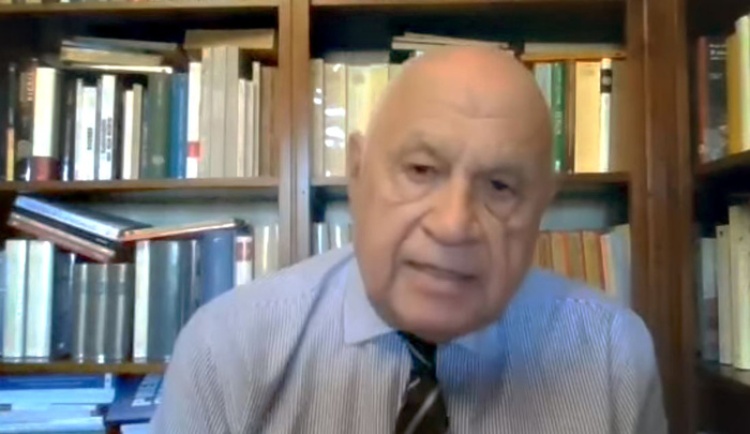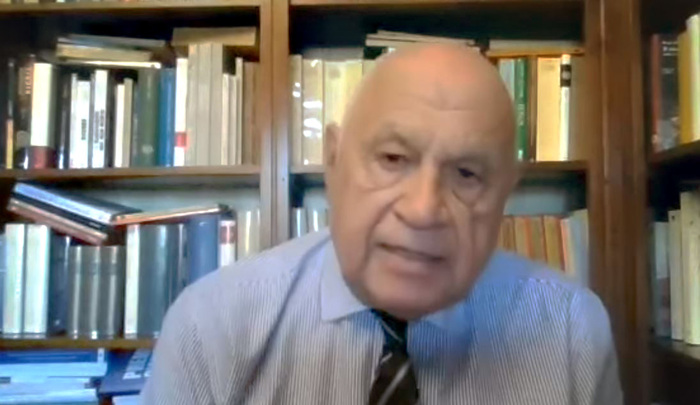“My first thought goes to the memory of those who made the dramatic choice to take their own life,” Nordio said in a video message after three suicides by inmates in Italian prisons on Friday and Saturday.
“It is not just a national, but also a global tendency, a tragedy that we must do everything possible to reduce, if not to eliminate.
“Every suicide is a defeat for the State, for justice, and for me personally,” he added.
On Friday two female inmates died at the Lorusso and Cotugno prison, commonly known as Le Vallette, in Turin.
One, a 43-year-old Nigerian woman, died after refusing food, water or medication for 18 days.
She had reportedly been asking insistently to be able to see her young son.
The other, an Italian, committed suicide by hanging herself in her cell.
On Saturday, a 44-year-old prisoner taken into custody following an anti-drugs operation in February was found dead in his cell at Rossano jail in Calabria.
In his message ahead of the August 15 Ferragosto holiday addressed to those who work and live in jails, Nordio said he intended to propose “the extension of telephone conversations for prisoners in their contact with family members”, except for people convicted of the “most dangerous crimes”.
“All too often prisons are forgotten, especially at this time when people are on holiday,” he continued.
“I wanted to send you my message because a part of our Republic lives - and works - in prisons even on Ferragosto.
“There are servants of the State - to whom we must be grateful - and there are people deprived of their liberty who, in these prisons, are serving their sentences and undertaking a path of reintegration into society, as enshrined by the Constitution,” he said.
The recent prison suicides have brought the poor conditions and chronic overcrowding in Italy’s prisons back into the spotlight.
Nordio has said the solution is to readapt former army barracks as prisons for people convicted of minor crimes.
However, prisoners’ rights association Antigone and unions representing penitentiary police officers insist that more prison staff and non-custodial measures as an alternative to imprisonment are needed.
“We have recruited 57 new prison advisors, who will take up their duties at the end of the year, and 2800 prison police officers, who will compensate for the shortage of staff,” Nordio said.
“Our attention is particularly focused on psychological assistance, because inmates require not only supervision, but also support for their mental and physical recovery, which can be a precursor to reintegration into society,” he said.
“The State must guarantee the certainty of punishment, but we must not forget that punishment must also have a rehabilitative purpose, not only because the Constitution demands it but because this is imposed by ethics,” he added.
“There are no immediate and easy solutions, no magic wands. But we are working with the highest priority to reduce the difficulties,” he concluded.
ANSA











